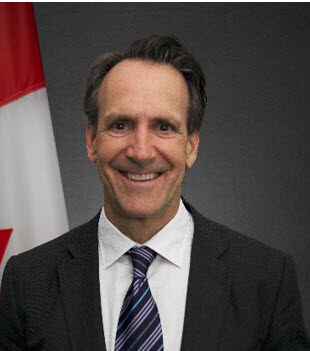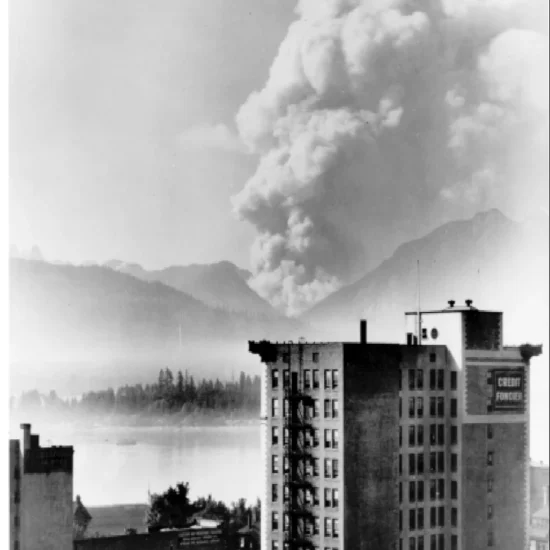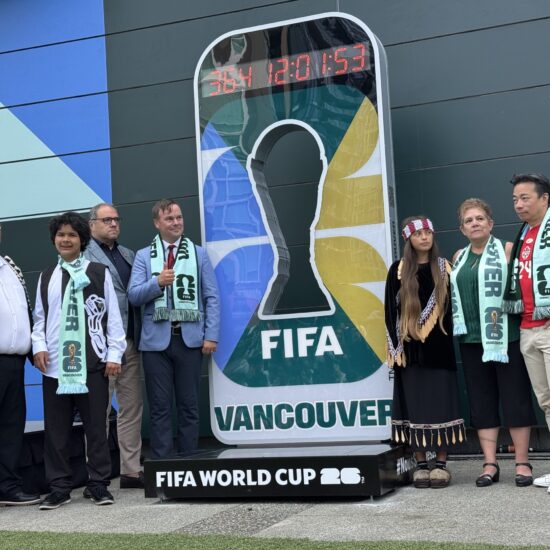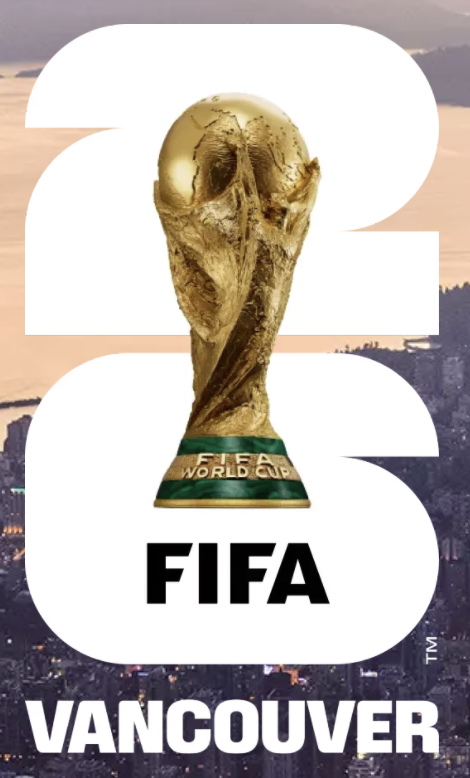
Briefly: Vancouver taxpayers (and, ultimately, B.C. taxpayers) are responsible for “all costs and expenses” incurred to fulfil obligations to FIFA and “shall indemnify and hold free and harmless” FIFA and subsidiaries from municipal taxes. When the World Cup starts in June 2026, Vancouverites will not be allowed to enjoy a potential Stanley Cup run from the Vancouver Canucks, other major sports events, concerts or festivals.
Bob Mackin
theBreaker.news has obtained, via an adjudicated appeal to the Information and Privacy Commissioner, a copy of the contract between the City of Vancouver, FIFA, and the Canadian Soccer Association. The contract was signed during the original bid phase, in March 2018, by then-city manager Sadhu Johnston and city solicitor Francie Connell.

West Vancouver’s Victor Montagliani announces Vancouver will host 2026 World Cup matches (FIFA/YouTube)
The contents of the contract are similar to the ones reported by theBreaker.news from Seattle last year and Toronto earlier this year.
In August 2023, Vancouver Mayor Ken Sim told Bob Mackin that “we are bound by confidentiality agreements.” While the host city agreement does contain a blanket confidentiality clause, there is an exception for when “disclosure is required by relevant laws or court orders.” One of those laws is B.C.’s Freedom of Information and Protection of Privacy Act.
The contract regulates almost every aspect of the tournament, from police escorts for FIFA executives and heads of state and road closures to backup power supply and protecting FIFA sponsors from competitors. The host city agreement is separate from the B.C. Place Stadium agreement, which theBreaker.news exclusively obtained under a separate freedom of information request.
The contract details:
Who pays what?
The NDP government revealed last April that it could cost taxpayers up to $581 million to host seven matches in June and July 2026.
Controlled area
The host city and senior governments are responsible for safety, security, fire protection and medical services. Beyond B.C. Place’s outer perimeter, the city must create a FIFA-determined “controlled area” where certain commercial activities are banned on each match day and the day prior.
Vancouver must ensure that airspace above and around the stadium and FIFA Fan Festival (at Hastings Park) be “free and clear of all commercial signage and/or advertising.” That is because FIFA will showcase its own sponsors.
Vancouver must also temporarily cover and decorate construction sites “at important locations” around the stadium, fan fest, hotels and transportation stations.
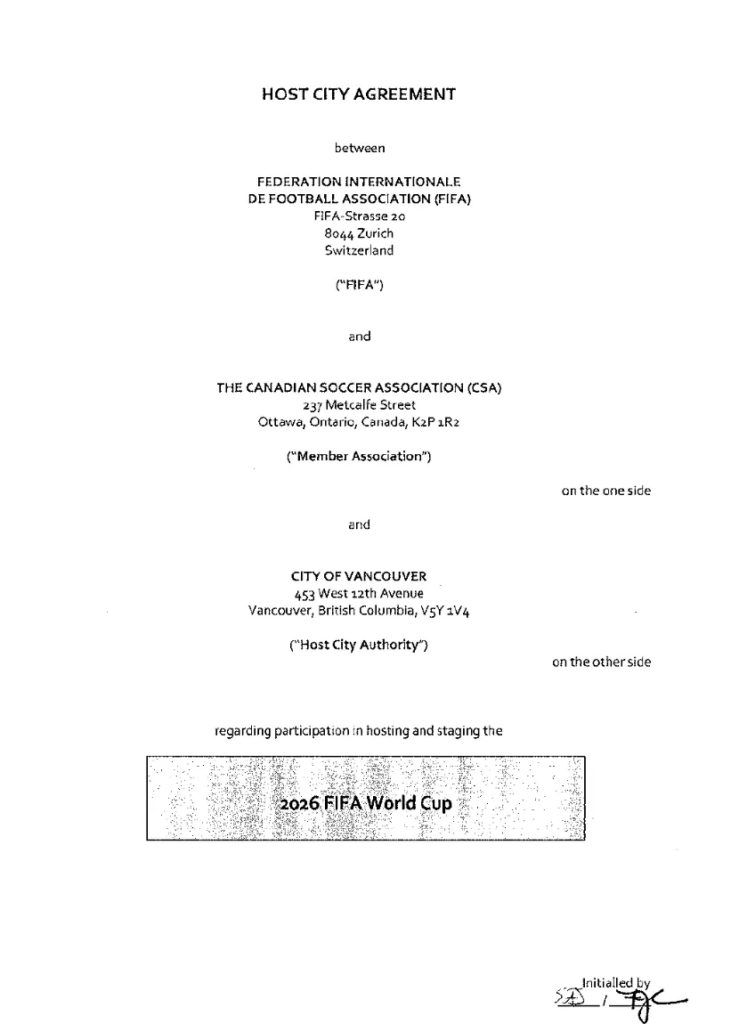
Title page of the FIFA 26 contract with the City of Vancouver (FOI/CoV)
Getting around (or the runaround)
The city must arrange free match day transit for ticketholders and accredited passholders. Elsewhere, FIFA gets temporary roadblocks, special traffic access lanes and police escorts for teams, FIFA and member association executives, VIP guests and competition officials. FIFA set a May 31, 2024 deadline for Vancouver to provide a traffic management plan.
Front of the line
City hall will be entitled to buy “a certain number” of tickets for matches at B.C. Place, “in an amount to be determined by FIFA at a later stage” before they go on sale to the general public. But those tickets must not be used for commercial purposes or given away in contests.
The only game in town
Starting seven days prior to the opening match to seven days after the last one, the city cannot allow any other major sporting event. “No other substantial cultural events (such as music concerts)” shall be allowed the day before, the day of or the day after a match, except FIFA-approved concerts or events.
Movable goalposts
FIFA was scheduled to issue the final version of hosting requirements by June 30, 2023. However, it may “from time to time” provide Vancouver with further detailed specifications.
Host cities must follow all directions in a timely manner to prevent FIFA and its partners from suffering “substantial and irreparable losses and damages.” Otherwise, FIFA could appoint a third-party to finish the job or even end the contract and give another city hosting rights.
NEW: Subscribe to theBreaker.news on Substack. Find out how: Click here.






